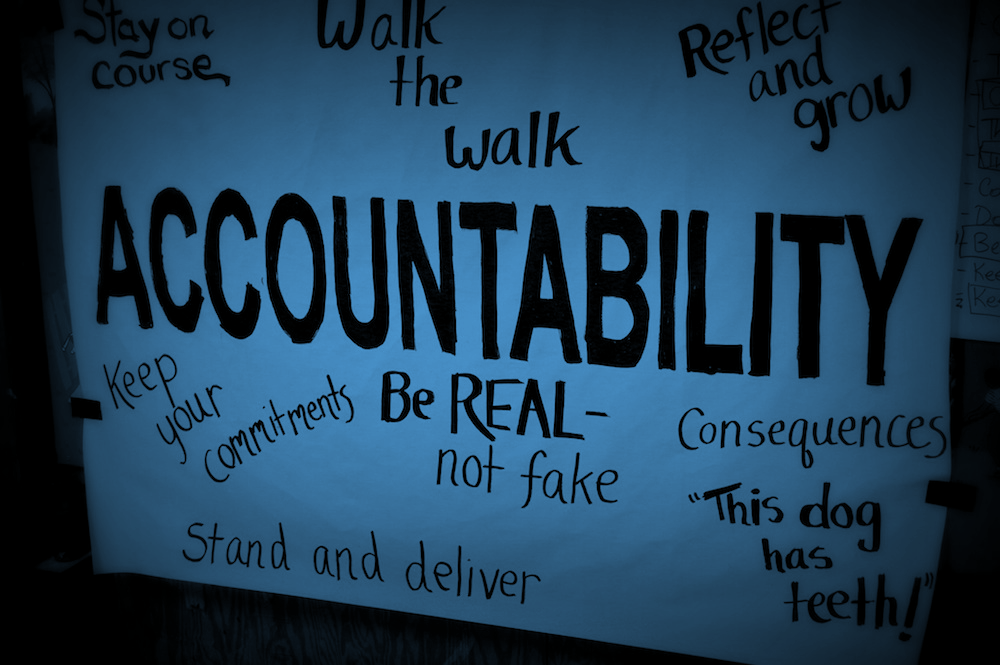This New Year’s Eve, we reached an agreement with Twitter and our partners to bring back the transparency and accountability tool called Politwoops. The agreement capped several months of engagement between Twitter, Access Now, Open State Foundation, and Sunlight Foundation. Details are forthcoming, but for now we’re delighted to share the good news.
Twitter has become a central component of the public record across the globe. This agreement demonstrates Twitter’s renewed commitment to transparency, and it’s an important step forward for one of the largest social media companies in the world.
Debuting in 2009, Politwoops was created by the Netherlands-based non-profit Open State Foundation to record, store, and publish the deleted tweets of public officials. The tool has been used in 30 countries, and was adopted in the U.S. by Sunlight Foundation. But in May 2015, Twitter revoked Sunlight Foundation’s access to its Application Programming Interface, or API, and in August Twitter also shut off API access by Open State Foundation. Access Now worked with 46 organizations worldwide to campaign for restoring Politwoops, and negotiated with Twitter in good faith to reach a solution.
The groups behind Politwoops are now working to bring it back to life, and we hope the tool will be extended beyond the 30 countries where it had been active. The agreement clarifies the class of users whose deleted tweets could be tracked, and that class now includes public officials, not just elected representatives.
Transparency reboot
Restoring and expanding Politwoops is only one of the steps Twitter is taking to enhance transparency. Twitter expanded its own transparency report in August 2015, and at the end of December — just as it was restoring Politwoops — it also came out with new, more specific rules about how it handles abuse, violence, “self-harm” and “hateful conduct” on the platform.
The company has also streamlined its approach to public policy disclosures, launching a new Public Policy transparency page at policy.twitter.com, a move that Twitter announced in a November blog post. These changes align with the company’s rebooted commitment to transparency, but they also respond to issues highlighted by Ranking Digital Rights in its inaugural Corporate Accountability Index.
What’s next for Politwoops?
The Roman poet Horace is reputed to have said that once a word has been allowed to escape, it cannot be recalled. Similarly, public officials should be held accountable for what they say on one of the world’s largest social media networks. They shouldn’t be able to delete their tweets from the public record. Politwoops has already proven its ability to provide insights for the electorate, as this summary from Sunlight Foundation demonstrates. But as we look ahead, we see potential for developing other ways to use the tool for transparency — whether it’s showing how long it takes for a politician to delete a tweet, or another approach that we’ve yet to imagine. We’ll have to see what happens as Twitter takes the next steps in its evolution as a global platform for expression.
At Access Now, we’re working on a number of initiatives to increase transparency. If you’d like to help us out, you can do that by joining our campaigns or donating here. We also encourage you to follow us on Facebook or on Twitter (yes, we’re on it too!).
